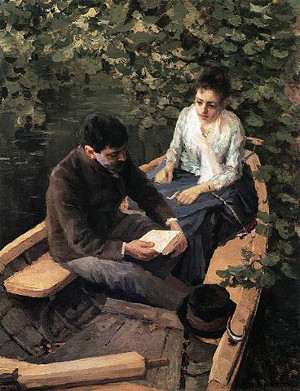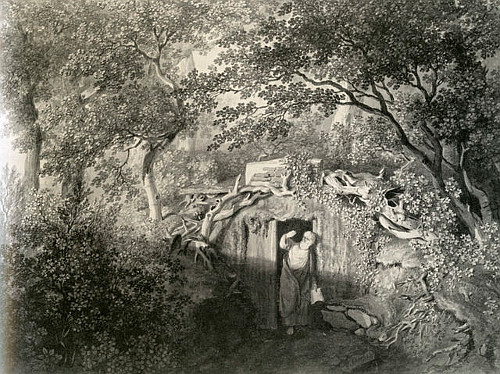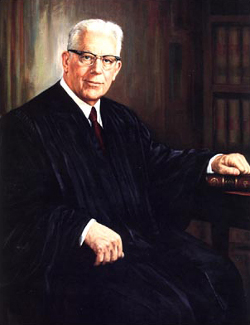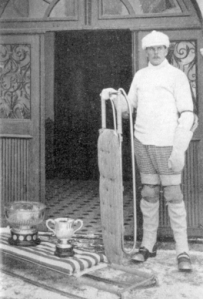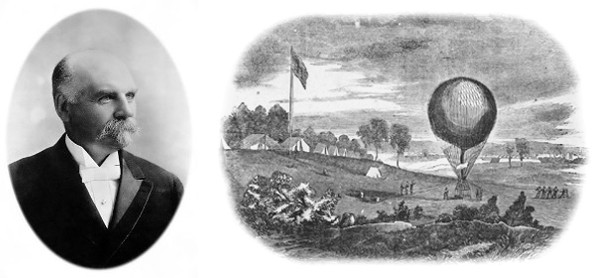A British officer in the 44th regiment, who had occasion, when in Paris, to pass one of the bridges across the Seine, had his boots, which had been previously well polished, dirtied by a poodle Dog rubbing against them. He in consequence went to a man who was stationed on the bridge, and had them cleaned. The same circumstance having occurred more than once, his curiosity was excited, and he watched the Dog. He saw him roll himself in the mud of the river, and then watch for a person with well polished boots, against which he contrived to rub himself. Finding that the shoeblack was the owner of the Dog, he taxed him with the artifice; and, after a little hesitation, he confessed that he had taught the Dog the trick in order to procure customers for himself. The officer being much struck with the Dog’s sagacity, purchased him at a high price, and brought him to England. He kept him tied up in London for some time, and then released him. The dog remained with him a day or two, and then made his escape. A fortnight afterwards he was found with his former master, pursuing his old trade on the bridge.
— Samuel Griswold Goodrich, Tales of Animals, 1835



